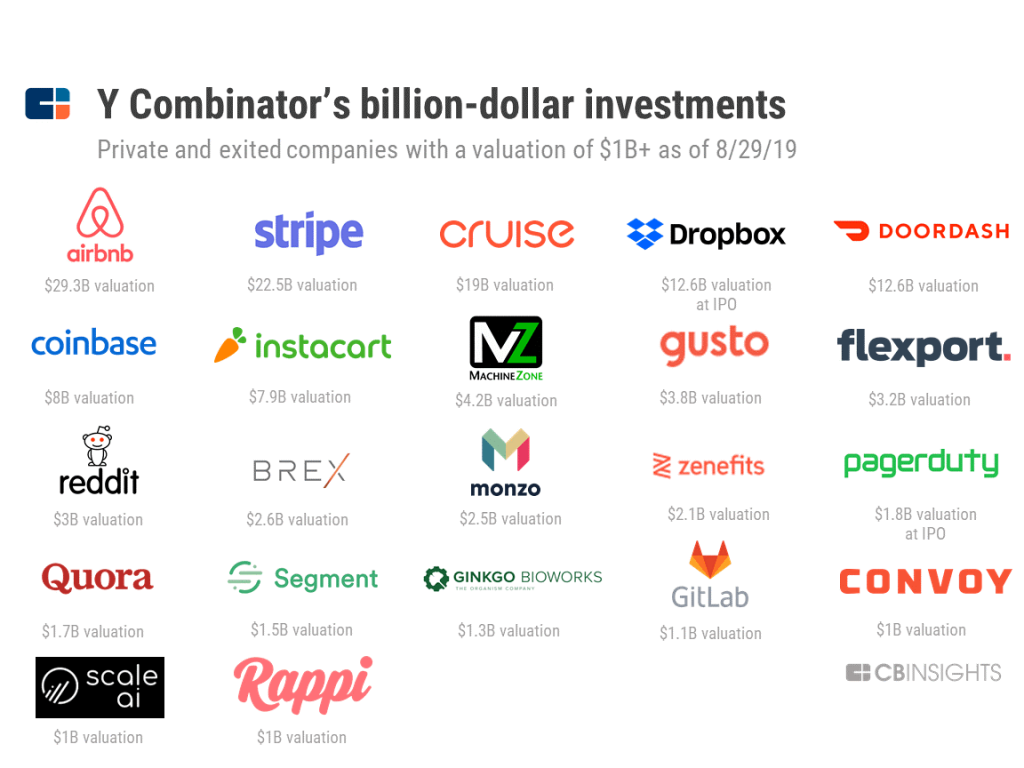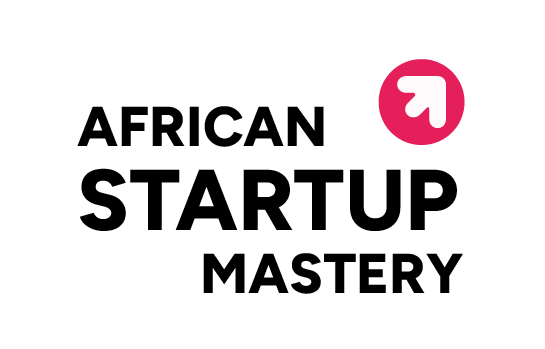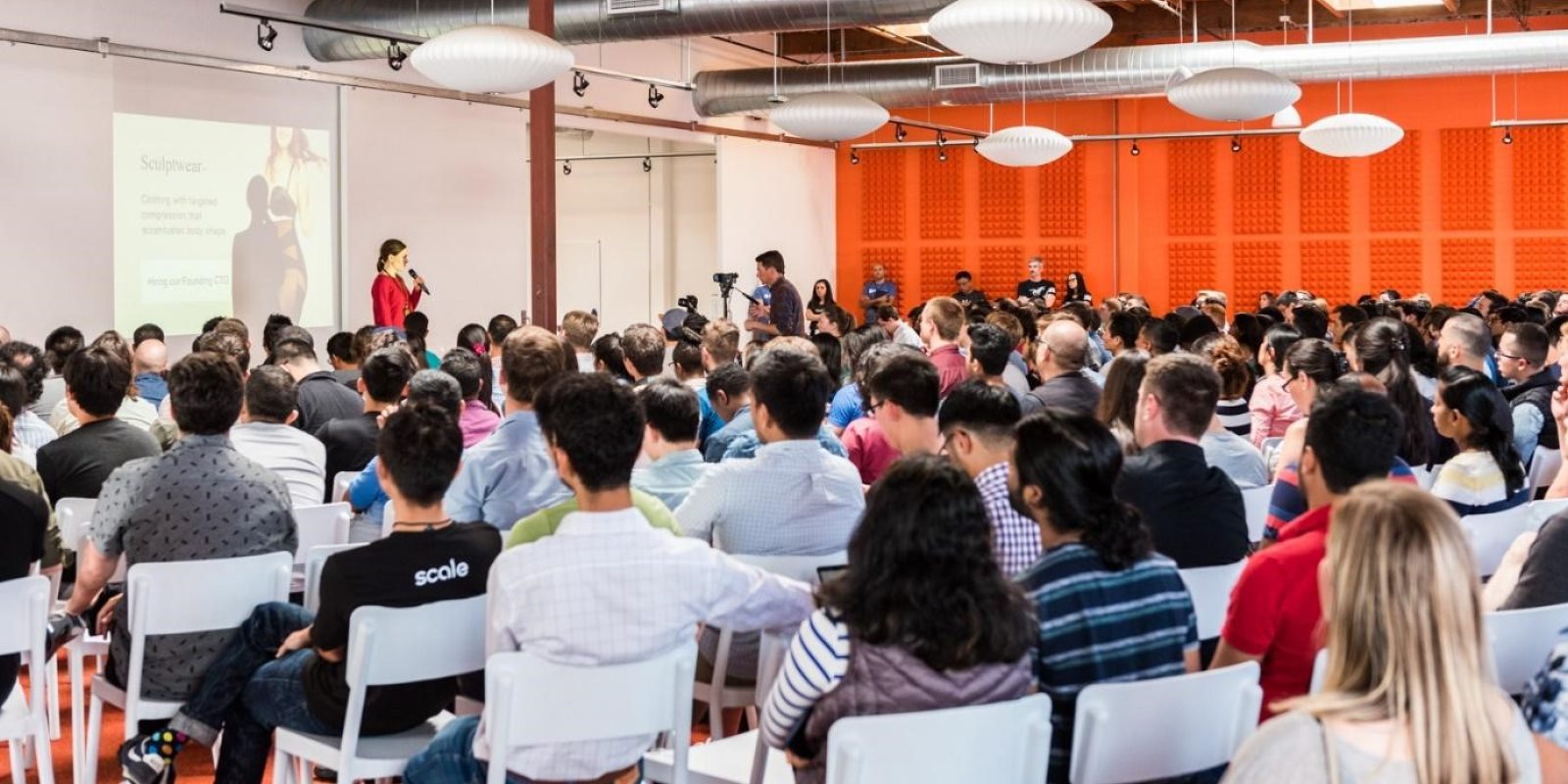What is Y Combinator?
If you have been in the startup ecosystem for a while, you must have heard a few things about Y Combinator or at the very least, the name itself. This article is an in-depth information bank on who they are and what they mean in the startup ecosystem.
Y Combinator is a renowned startup accelerator and venture capital firm based in Silicon Valley. Founded in 2005, by Paul Graham, Jessica Livingston, Robert Morris, and Trevor Blackwell, the accelerator has since become one of the most influential in the tech startup world.
It has funded over 5,000 startups, including many that have become household names like Airbnb, Stripe, and Dropbox.
According to Paul Graham on his website, he desired that VCs operated differently; “investors should be making more, smaller investments, they should be funding hackers instead of suits, they should be willing to fund younger founders” and not take so long to make up their mind when making investment decisions. Y Combinator is a good representation of what his desire was today.
They support early-stage startups through a structured program and offer funding, mentorship, and resources in exchange for equity. Its structured program includes seed funding, intensive guidance, and access to a vast network of investors and entrepreneurs.
This accelerator has a primary goal to empower entrepreneurs to build successful businesses that disrupt industries, solve important problems, and drive technological innovation.
Their longtime presence in the startup ecosystem has created a strong alumni network that offers ongoing support and opportunities for startups even after they complete the accelerator programs. These networks provide access to potential investors, mentors, and resources that can be crucial for a startup’s growth.
Y Combinator has a broad industry focus, accepting startups from a wide range of sectors including technology, healthcare, consumer products, and even the fashion industry and many more.

Y Combinator Track Record Of Success
Over time, Y Combinator has supported numerous successful startups, including Airbnb, Dropbox, Flutterwave and Reddit.
The most popular example is Airbnb, which was founded in 2008 by Brian Chesky, Joe Gebbia, and Nathan Blecharczyk. This is a standout success story from Y Combinator.
The platform transformed the hospitality industry by enabling individuals to rent out their properties to travellers, disrupting the traditional hotel model and creating a new sharing economy paradigm.
Airbnb quickly became a household name and achieved unicorn status within a few years of its founding, thanks to its innovative approach to accommodation and seamless user experience.
Another notable success from Y Combinator is Dropbox, founded in 2007 by Drew Houston and Arash Ferdowsi. The cloud storage platform simplified file sharing and synchronization, making it effortless for users to access their files from anywhere.
Dropbox’s user-friendly interface and robust features appealed to individuals and businesses alike, leading to widespread adoption and rapid growth. Today, Dropbox is synonymous with cloud storage, serving millions of users worldwide and demonstrating the transformative impact of Y Combinator’s mentorship and support on fledgling startups.

The Three-Month Accelerator Program
Y Combinator’s program is structured around a three-month intensive accelerator program, commonly referred to as a “batch”, which is held twice a year – January through March and July through September respectively
The program is designed to provide startups with the necessary tools and guidance to rapidly iterate on their ideas and develop a scalable business model.
Startups receive seed investment, office space, and mentorship from experienced entrepreneurs and industry experts.
Over the three months, founders undergo rigorous workshops, one-on-one coaching, and pitch sessions to refine their business models, product-market fit, and growth strategies.
The program culminates in a Demo Day where startups showcase their progress to investors, aiming to secure further funding.
Sometimes, exceptional companies close the round a week before the demo day, or at least they get a lead, and on Demo Day, they only get the follow-ons.
High-quality funds do not need a demo day. Their only job is to scout great startups, and of course, they will want to start a relationship earlier, rather than later, when the queue is already lined up.
Demo day can attract only micro-funds and angels who do not have the resources to scout and learn about companies on the demo day.
Funding
Y Combinator typically invests $500,000 in exchange for 7% equity in a startup participating in its program. Here is a breakdown of how this will work: $125,000 of this investment will have a fixed 7% return, while the remaining $375,000 will be invested using an uncapped MFN safe (Most Favoured Nation).
In such a safe, the $375,000 will convert into a percentage of the company’s value based on the valuation cap of future safes. For instance, if the next safes are raised at a $15M post-money valuation cap, the $375,000 MFN safe would convert into 2.5% company ownership.
This investment is the standard deal offered to startups in Y Combinator’s accelerator program.
However, terms may vary depending on the specific circumstances and negotiations with individual startups.
Follow-On Funding: Y Combinator helps facilitate follow-on funding for startups that demonstrate significant potential and progress during the program. This can include introductions to investors, assistance with fundraising efforts, and ongoing support as the startup continues to grow and scale.
If a startup accepts Y Combinator’s investment offer, they enter into an investment agreement with Y Combinator.
This agreement outlines the terms of the investment, including the amount invested, the equity stake acquired by Y Combinator, and any other relevant terms and conditions.
Disbursement of Funds: Once the investment agreement is finalised, Y Combinator disburses the funds to the startup. The startup can then use the investment to cover expenses such as product development, marketing, hiring, and other operational costs.
Post-Accelerator Support: After completing the accelerator program, startups continue to receive support from Y Combinator through its alumni network, events, and resources. Y Combinator also helps startups connect with investors, potential partners, and customers to further accelerate their growth.
Criteria For Selection
Y Combinator employs rigorous selection criteria to identify startups with the highest potential for success.
Key factors include the strength of the founding team, their vision, and their ability to execute. YC looks for founders who demonstrate resilience, adaptability, and a deep understanding of their market.
Additionally, startups with innovative and scalable ideas stand out.
Y Combinator seeks startups that solve real problems, demonstrate traction or market validation, and have the potential for rapid growth.
A clear and compelling pitch, along with evidence of coachability, also plays a vital role in the selection process.
Overall, YC looks for innovative ideas, strong founding teams with complementary skills, clear market needs, and the potential for rapid growth.
Selection Process
Entry into Y Combinator is highly Competitive and Selective, with a low acceptance rate to ensure that only the most promising startups progress.
The rigorous selection process means that many startups will not be accepted, and there is no guarantee of admission even with a promising business idea.
The Y Combinator selection process unfolds through several stages.
- First, applicants submit an online application detailing their startup idea, team, and market potential. YC evaluates these applications, shortlisting promising candidates for physical interviews.
- During interviews, founders present their vision, addressing questions from YC partners who assess viability and coachability.
- Successful candidates receive an offer to join the program through a phone call that same night. Unsuccessful candidates get an email instead.
Once accepted, founders immerse themselves in the intensive three-month program, receiving funding, mentorship, and guidance.
The journey culminates in Demo Day, where startups pitch to investors for further funding.
Tips on Scaling through the Y Combinator Application Process
Paul Graham wrote an article on what he looks out for when reviewing the online application. I advise you to take a look at it here. It would help you understand what YC considers when selecting startups for their funding cycle
Is Y Combinator Worth It? Some Founder’s Experience
After all you’ve read about Y Combinator, you’d like to know if founders who have gone through the Y Combinator accelerator Program consider it worth their time and attention. Across the internet, hundreds of YC alumni have given their reviews but this section will give you an idea of what some founders think of YC.
Brian Chesky, the co-founder of AirBNB emphasized that Y Combinator was pivotal for Airbnb’s success, steering them onto a transformative path. In his own words, “Looking back, it was one of the best decisions we ever made. I am uncertain Airbnb would have survived without YC.” Conclusively, he recommends YC for startups that are in pre-Series A.
On the other hand, Justin Kan credited Y Combinator with changing his life by exposing him to the possibility of founding a startup instead of pursuing a conventional career. “I started two companies through YC: Kiko and Justin.tv. I wouldn’t trade my experience with YC for anything”
Courtland Allen, the founder of Indie Hackers (YC W’11) expressed unwavering s for Y Combinator, emphasizing the exceptional mentorship provided by partners, the supportive peer network, and the abundance of resources ranging from funding to investor introductions. He lauded YC as an unparalleled environment for nurturing startup success.
YC’s community, powered by Bookface (an app similar to LinkedIn or Facebook), is one of the best communities in which founders can find themselves.
Conclusively, YC has such an impact on these founders and many more out there because “YC is what it’s claimed to be, and that is a big thing in a world that often isn’t.”
Arjun Vasan (YC W'11)
The 2024 Summer funding cycle for Y Combinator is open. If you want to get into YC as a startup founder, you can apply here.
Share this article


Leave a Reply